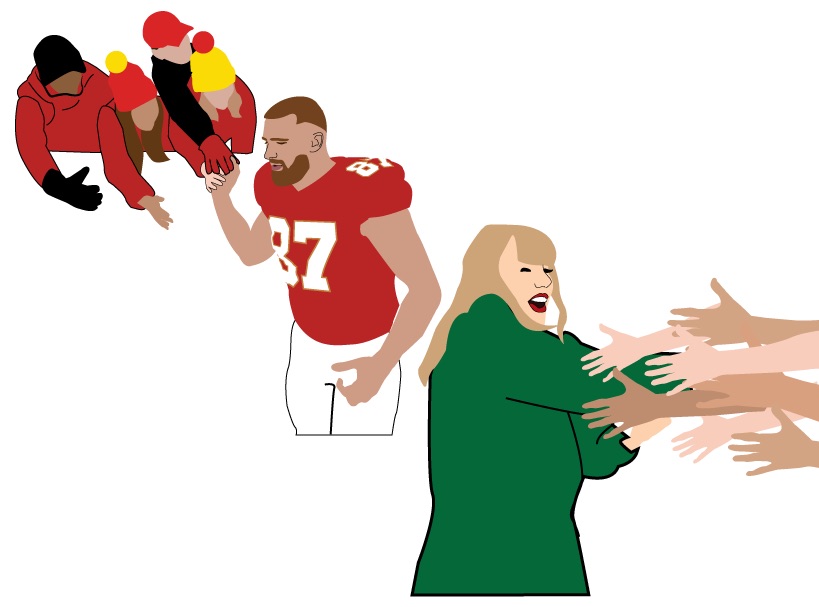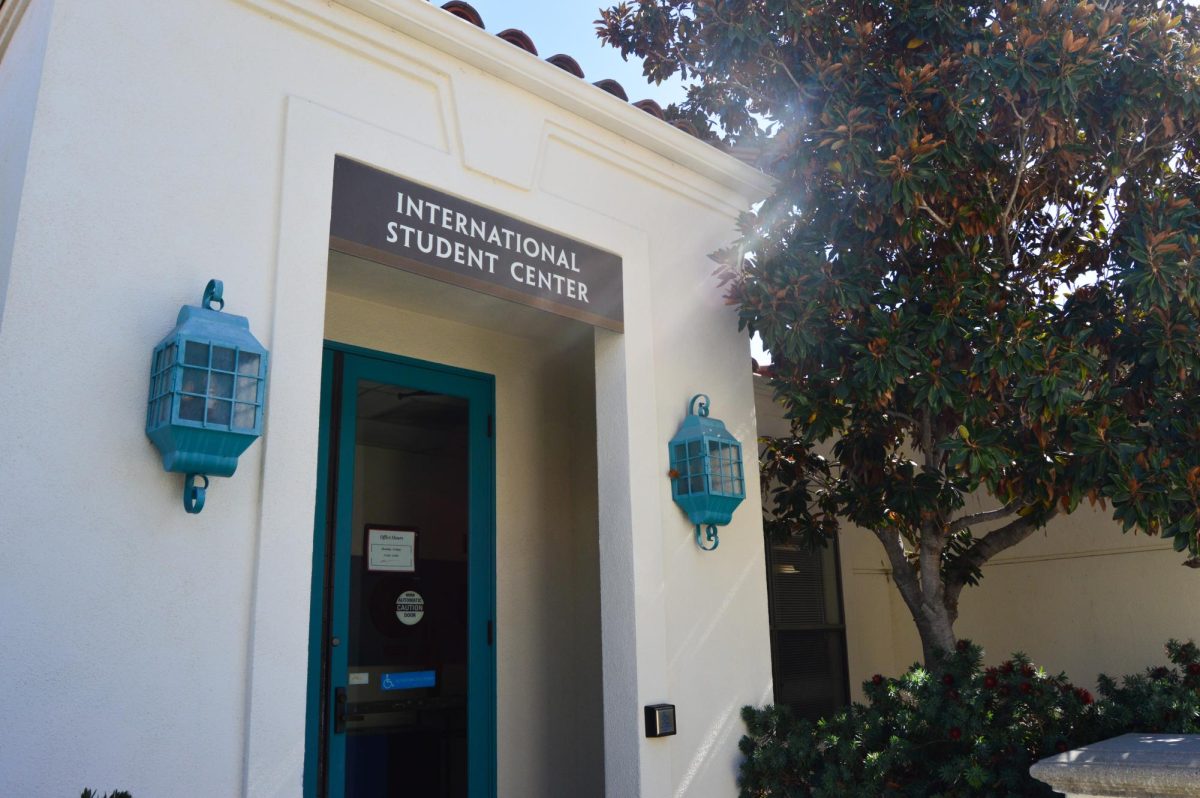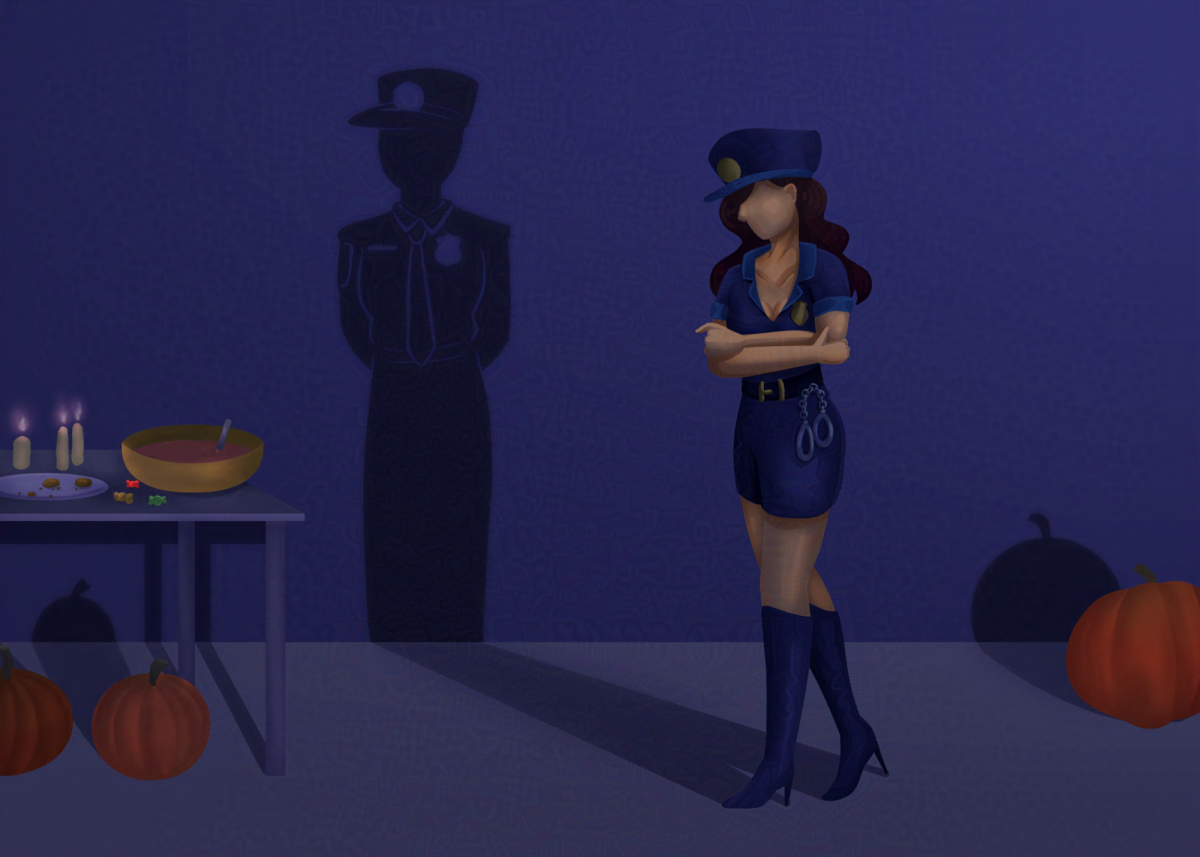For years, a spectacle has been made of Buffalo Bills superfans slamming their bodies into burning tables in the icy cold snow. Television producers and social media personalities gleefully redirect their cameras to the chaos, filling social media feeds with character and humor. Millions of people (including myself) like, comment on and share these posts.
Sports fans can have a deep-rooted passion for the game — enough to obliterate a television set, throw punches and let down a stream of tears. Or on a more innocuous level, they show up to work the day after a loss with a chip on their shoulder.
Social media users and bystanders are often amused by adults embarrassing themselves due to their remarkable dedication to the game they love.
At the same time, many people criticize other passionate fanbases — particularly those which cater to female audiences. It has become increasingly apparent that there is a glaring double standard in how we, as a society, view fandom.
K-pop fans are one of the notable victims of hateful music hot takes on social media. Their most dedicated supporters edit “fan cams” and go to Twitter comment sections to promote their favorite artists. Many social media users, especially those who dislike the genre, make K-pop fans the subject of criticism and annoyance.
Devoted fans of artists such as The Jonas Brothers, Justin Bieber and One Direction are ridiculed to no end. Oftentimes what makes a male-dominated fanbase strong and devoted makes a predominantly female fanbase perceived as obsessive and dramatic.
Even before the rise of the internet and burgeoning online fan communities, female Beatles fans were labeled as delusional or crazy. Today, there’s a wider variety of platforms for people to spew anger towards things they don’t like.
This all may seem harmless to “keyboard warriors” who simply want to troll and elicit a reaction from the artists’ fervent supporters and gatekeepers. But their commentary, spoken or typed on a screen, are a waste of breath and bandwidth.
This isn’t to undermine the dedication and care sports fans have for their teams.
I love sports. I’ve been an avid baseball fan since I was 10 years old. I filled my notebooks with lineups, customized all-star teams and free-agent predictions. Whenever the Angels lose to the Astros (which is quite often), I let out a huge sigh or even direct a few choice words toward my TV. As a Bills fan, I want to break a table when they lose to the Chiefs every year.
I don’t want sports fans to be passive and unemotional. Far from it. Athletics are a unifying force that shouldn’t be undermined and ignored by people who don’t enjoy it as much as they do. But music and other forms of art and expression deserve that same level of acceptance.
Now, there’s the stadium-filling elephant in the room. During the biggest sporting event of the year, a certain pop star is going to be in a suite with Kelce’s family. She will likely be the subject of social media backlash, or offhand comments at your Super Bowl party.
Taylor Swift is the biggest musician in the world right now, and her relationship with Travis Kelce has sent the media into a frenzy. Broadcasters and social media managers capitalized on the situation, directing their attention toward the developing story. Soon after, backlash grew.
Now, she’s become a punching bag for football fans who “just want to watch the game,” despite the constant barrage of Whopper commercials and mentions of other celebrity appearances — both of which most fans embrace or at least tolerate.
In reality, Swift’s screen time averages less than 30 seconds per game.
While I enjoy some of her music, I don’t identify as a diehard “Swiftie.” Nor do I analyze every word of her Instagram captions to figure out when she’s dropping her “reputation” re-record. Sometimes I even chuckle at fan accounts attempting to discover “easter eggs” and reporting on nebulous things like the condiments she uses.
But the malice she and her fanbase has received just because of her being a supportive partner is at best misguided, and at worst, embarrassing.
Swift is not operating the cameras or controlling the media, as some conspiracy theorists have posited. Her presence all over the internet is a product of broadcasters and social media accounts capitalizing on engagement and clicks. It makes sense, too, as Swift has generated an incredible amount of revenue from her concerts and merchandise.
If you want to engage in a conversation about the quality of her music, that’s valid. And in the same way a sports fan can be brought to tears and anger, some take their Swiftie fandom to uncomfortable or bothersome levels. But blindly throwing hate toward her and the people who enjoy her music is remarkably unproductive.
We all have our interests. For some people, it’s a sports team they’ve rooted for their whole life. For others, it’s an album they love or a talented musician they connect with.
Before you send out an emotionally-charged tweet or go on a rant about how silly other fandoms are, remember your passions — football or otherwise — and the joy they bring you. Then log off or shake it off.






